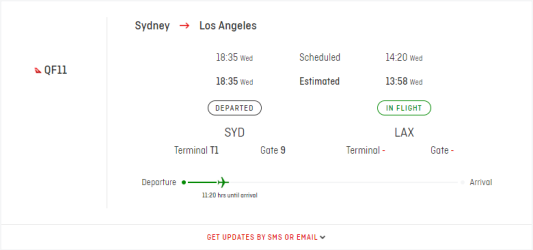I follow what you comment on here and respect it, recognising that it’s from experience in the industry. But that’s a bit OTT.
For the most part , we are frequent flyers and we’ve seen a degradation of the service by Qantas since the pandemic - both hard and soft product. This thread is on the reliability of the A380 service - there may be some exaggeration but those affected will really have their trip screwed up. - they will see it from a personal experience, not a systemic point of view
In as much it was more or less the policy of Alan Joyce to absolutely maximise shareholder returns at the expense of customers then The current situation might be regarded as the result of some sort of conspiracy. ( Don’t take that too seriously

















